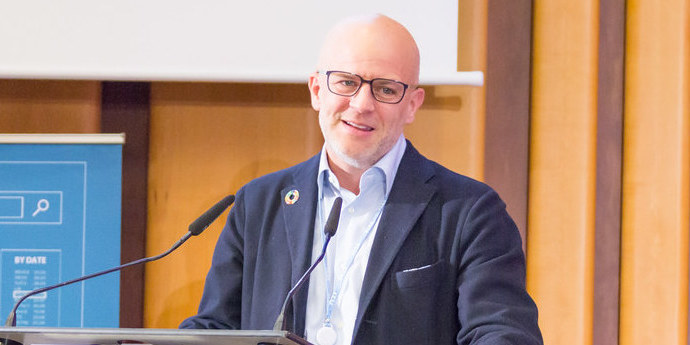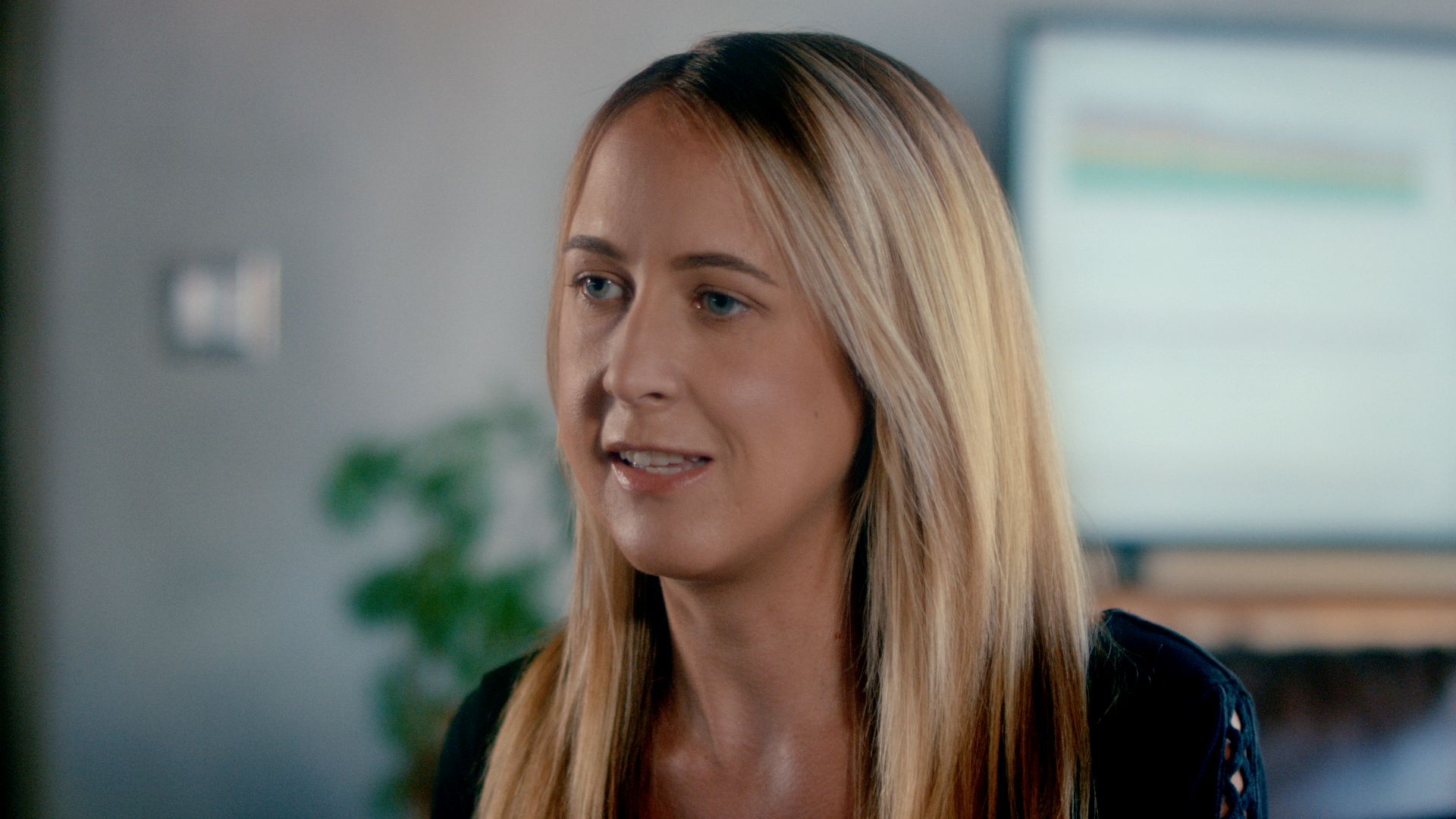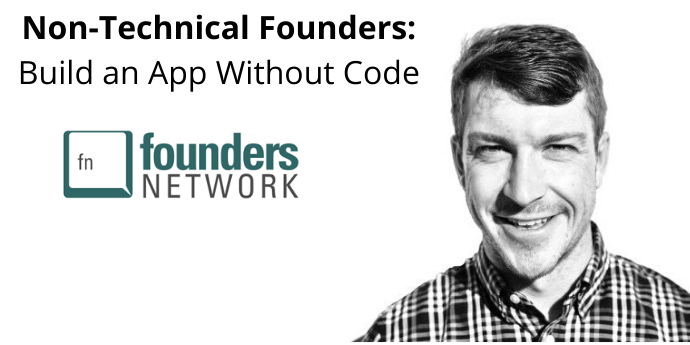
Matteo Berlucchi, a longtime entrepreneur who most recently founded Your.MD, shares his blueprint for shifting your strategy and building customer trust when you don’t have decades to spare.
Knowing when, and how, to shift your strategy is among the most difficult challenges an entrepreneur will face. When you’ve invested time, energy and money into one specific idea, it isn’t always fun to change gears and go in a different direction, no matter the reason. And yet pivoting is incredibly common — rare is the founder that conceives, launches and scales a startup precisely as he or she imagined at the outset. Building a company is seldom a straight line.
Experience Matters: Recognizing the Pivot
Matteo Berlucchi, a serial entrepreneur who most recently co-founded Your.MD, has a wealth of insight into the art of the pivot. He founded his first startup in the mid-1990s and has since helped to build companies in a range of verticals — from real estate and video streaming to online publishing and now digital health.
As co-founder and CEO of Your.MD, an app that uses AI to guide individuals to reliable health information and resources, Berlucchi took up a problem that was unlike any of the others he’d worked on before when he developed the idea in 2015.
“It’s a huge market opportunity because we have an addressable market of every human being, which is quite scary,” Berlucchi says.
“Probably the main learning for me was that because it’s healthcare, it’s really different from every other industry because of the safety and trust elements, which are not quite as important in most of the other industries.”
Healthcare Is a Huge Market with High Stakes
For Berlucchi and his co-founders, the scope of the problem was immense. When looking for health information and advice, millions of people turn to the same portal they use for anything else: Google. But too often, that leads them to poor advice, irrelevant information or simply down a fearful rabbit hole. It can even do more harm than good in some cases if patients are directed to unreliable information.
“If we type the same symptom in Google, we’re going to get the same results when it could be a million different reasons why we have those symptoms,” he explains. “So my initial idea was that if we had the right algorithms, we could personalize the information.”
Berlucchi and his team raised an initial chunk of money and managed to hash out a minimum viable product in about one year — no small task for such a difficult problem. From there, they rededicated their efforts to nailing down a business model: The vision was a marketplace of health-related services and products that users could connect to using the Your.MD app. They created that marketplace, called OneStop Health, and trademarked it. It was successful from a product perspective, with click-through rates that far exceeded that of Google’s healthcare results. But soon after, they “hit a wall,” Berlucchi says.
“We Realized There Was Something Missing: Trust”
“We realized there was something missing,” he recalls. “I had an epiphany, when I realized that this category, you don’t really choose as a customer. It’s not like going on holiday or picking out a pair of shoes. It’s like: I have this problem and I don’t know what to do, so if I can’t choose and you’re going to tell me what to do, I need to trust you because if I don’t trust you, I’m not going to do it.”
Compared to a typical software product, working on health-related applications is much more consequential — and depending on what the product does, there are compliance burdens to match. For Your.MD, this was where the pivot came in.
The pivot involved much more than just a refresh of the app’s design, underlying algorithms or fundamental business model. With trust in mind, Berlucchi and his team launched a comprehensive rebuild of the organization from the bottom up. The effort lasted around a year and a half, and involved adding a clinical advisory board, obtaining a CE Mark (Europe’s equivalent of FDA approval), onboarding a legal team, and generally making trust and safety central to every conversation at the company.
Another challenge was how to build trust when, in the grand scheme of things, the organization is very new. Trust is not something you buy overnight, Berlucchi says — in the field of healthcare, it can take years. So what’s a startup to do?
“You don’t have 20 years to build trust in the brand. So you have to get some trust from the top,” he explains. “The only way is to basically be associated with brands or organizations that have that trust.”
Secrets of the Pivot… and a Bucket of Cold Water
For Your.MD, that meant seeking partnerships with private health companies such as RB, a major producer of over-the-counter medicines and health products. The missions of the two companies were well-aligned, with RB selling trusted products and Your.MD aiming to empower customers to find information and seek out reliable care. In addition to the trust element, the strategic partnership also came with marketing opportunities for both.
Pivots may be inevitable for many founders, but there are ways to minimize the pain when the time comes to shift your strategy, Berlucchi says.
One is to place data and analytics at the center of everything you do. Cold, hard facts act as a “bucket of cold water” that can prevent you from falling so in love with your idea that you’re blind to reality, he adds.
Another is to develop a consensus with your team and your investors as quickly as possible, then just pull the trigger.
“Once you have a consensus, just press the button as quickly as possible — because it’s like when you’re dating the wrong person, when you realize that it’s the wrong person, there’s no point hanging out with them any longer,” he says. “The sooner you dump them, the better.”






